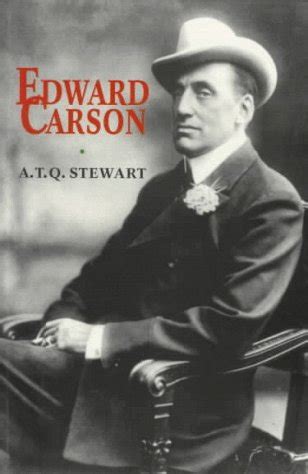A Quote by Trevor Paglen
The dead spacecraft in orbit have become a permanent fixture around our planet, not unlike the rings of Saturn. They will be the longest-lasting artifacts of human civilization, quietly circling Earth until the Sun turns into a Red Giant, about five billion years from now.
Related Quotes
Our planet has been around only for four and a half billion years. Let's imagine a planet that has life on it such as life is on Earth and it's seven billion years old. Let's say that planet evolved intelligence. Well, that intelligence would be way more advanced than what we call intelligence here on Earth. How long has intelligence been around on Earth as we've come to define it?
Let me put it in a rather larger picture framework. Let's go to the longest time frame, the time frame of the life of our sun. As a star, our sun is about halfway through its life cycle. In the long run, we only have a couple of billion more years likely that we can inhabit this planet. By that time, we're going to have to be out of here before our sun dies. Now, I don't think we need to wait that long, and we certainly shouldn't wait that long. At the moment, we are not on a sustainable path.
To divide one's life by years is of course to tumble into a trap set by our own arithmetic. The calendar consents to carry on its dull wall-existence by the arbitrary timetables we have drawn up in consultation with those permanent commuters, Earth and Sun. But we, unlike trees, need grow no annual rings.
It is marvelous indeed to watch on television the rings of Saturn close; and to speculate on what we may yet find at galaxy's edge. But in the process, we have lost the human element; not to mention the high hope of those quaint days when flight would create one world. Instead of one world, we have star wars, and a future in which dumb dented human toys will drift mindlessly about the cosmos long after our small planet's dead.
Most Jupiter-sized planets orbit the mother star in a highly elliptical orbit. This means they will often cross the orbit of any Earth-like planet and fling it into outer space, making life impossible. But our Jupiter travels in a near-perfect circular orbit, preventing a collision with any Earth-like planet, making life possible.
The phrase 'contrary to all expectations' rings through the story of the progress of human knowledge. It was 'contrary to all expectations' that the Earth was found to revolve around the sun, and not the other way round, and that a mould growing in one of Dr. Alexander Fleming's dishes was found to be capable of destroying bacteria. When in 1989 the spacecraft Voyager 2 got close enough to the planet Naptune to take detailed pictures of the surface, they were 'contrary to all expectations'.
And then, the Earth being small, mankind will migrate into space, and will cross the airless Saharas which separate planet from planet and sun from sun. The Earth will become a Holy Land which will be visited by pilgrims from all the quarters of the Universe. Finally, men will master the forces of Nature; they will become themselves architects of systems, manufacturers of worlds.
We have come to look at our planet as a resource for our species, which is funny when you think that the planet has been around for about five billion years, and Homo sapiens for perhaps one hundred thousand. We have acquired an arrogance about ourselves that I find frightening. We have come to feel that we are so far apart from the rest of nature that we have but to command.
Now, more than ever, we need people in space... The events of September 11 show us how vulnerable we and our civilization are down here on Earth... So let us use our strength, our awareness of mortality as a civilization, to do something truly lasting and earth-shaking for humanity. Let us join with the peoples and cultures of this planet, the diversities of its perspectives and religions and science, so we can leave it-not behind, but as a springboard to something better.
Light is the only connection we have with the Universe beyond our solar system, and the only connection our ancestors had with anything beyond Earth. Follow the light and we can journey from the confines of our planet to other worlds that orbit the Sun without ever dreaming of spacecraft. To look up is to look back in time, because the ancient beams of light are messengers from the Universe's distant past.
Eventually, the Sun will swell to occupy the entire sky as its expansion subsumes the orbit of earth. Earth's surface temperature will rise until it matches the 3,000-degree rarified outer layers of the expanded Sun.... But not to worry. We will surely go extinct for some other reason long before this scenario unfolds.




































